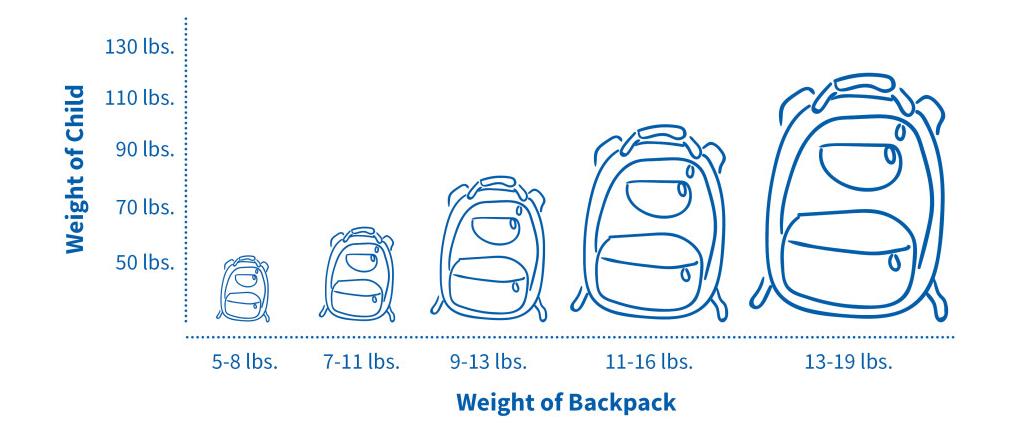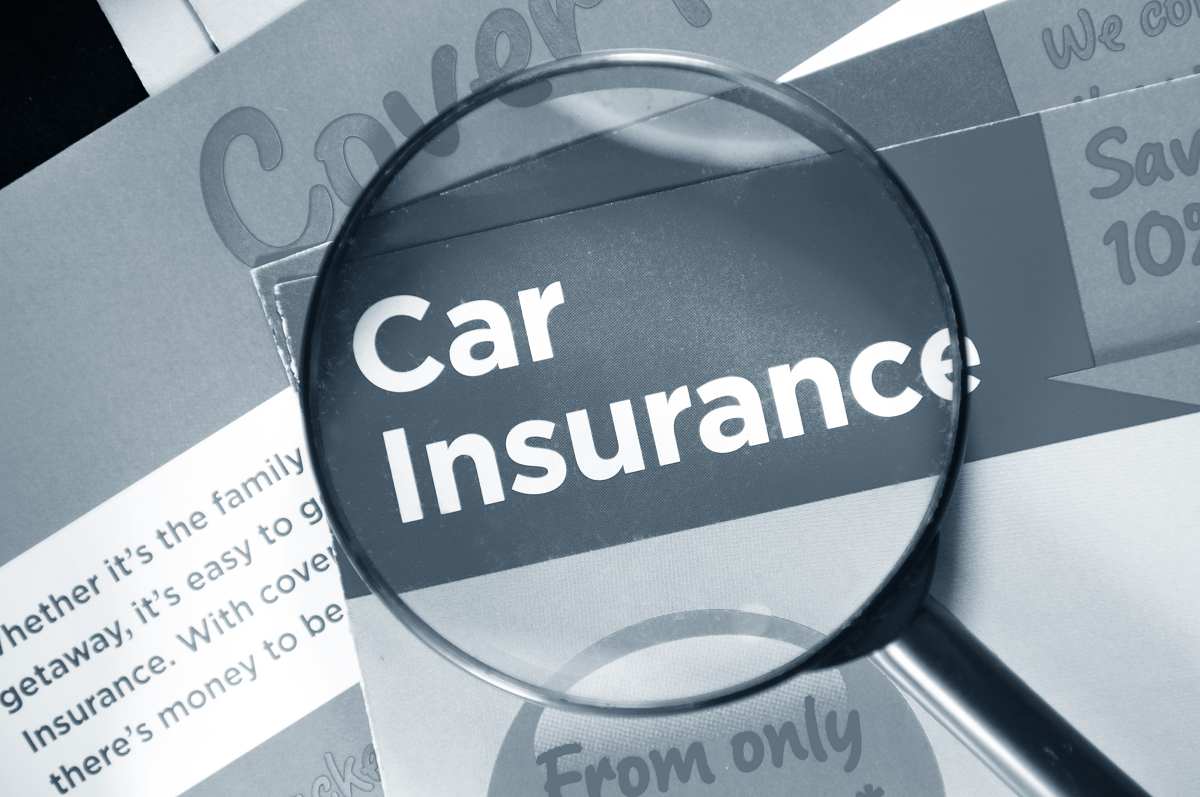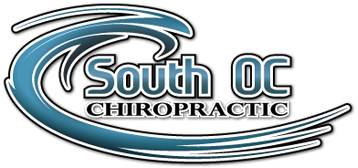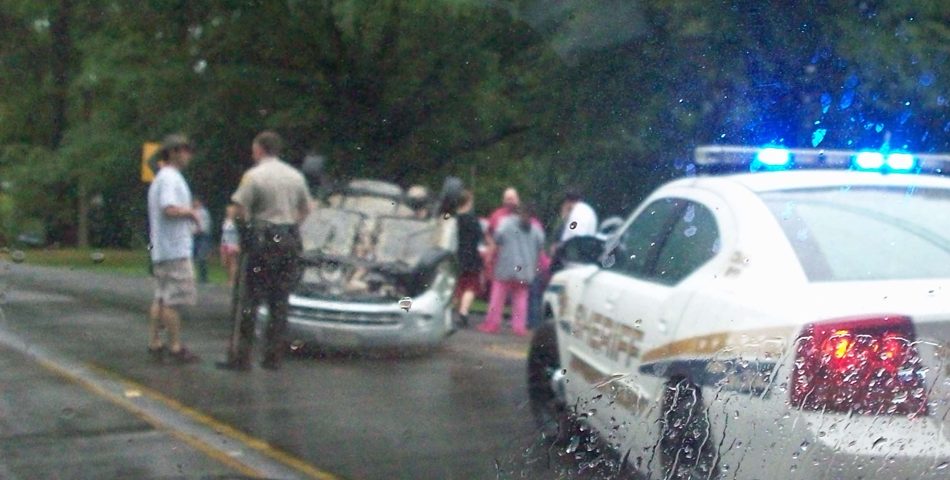
Back to School Tips to keep your kid’s safe
September 12, 2017
Tips For Buying Auto Insurance
February 10, 2018As the rainy season is upon us in California it is important to remember that driving risk increases in wet-weather conditions. To maximize your driving safety, be aware of the road conditions, reduce speed appropriately, and be prepared for unexpected situations to reduce your risk of car accidents and injury.
Pre-season checkup: Make sure your vehicle is in prime condition to maximize you and your family’s safety.
- Check your tire’s tread and for proper inflation: The tread on your tire is important to displace water on the road and allow your tire proper traction. This will help avoid hydroplaning in wet conditions. During the first hour of rain oils on the road rise creating a slippery surface which increases your risk of hydroplaning and bring involved in a car accident.
- Check your brakes: Squealing or grinding when you brake can indicate the need for new brake pads or rotor resurfacing.
- Check your lights: The headlights, emergency flashers, directional signals, taillights and brake lights. Make sure they work and are clean. Cleaning them off can make a difference in their light quality and could be the difference between arriving safely or being in an accident during rainy or foggy conditions.
- Check your windshield wipers: Are your wipers functioning properly? Blades that streak should be replaced.
While driving in wet conditions it is important to remember a few key points:
- Turn on your lights: Rather during the day or at night, you should always have your lights on while raining. This allows other vehicles to see you and is the law in many states.
- Take your time: Slow down and keep a 5-second difference between you and the car in front of you. This can prevent hydroplaning and potential accidents or injury.
- Be prepared if you do hydroplane: Hydroplaning can occur at speeds as low as 35 mph. Do: Stay calm, steer the wheel in the direction that you want the front of the car to go in, ease off the gas, and gently apply pressure to the brakes. Do Not: Oversteer the vehicle by turning hard in one direction and do not slam on the brakes.
- Turn around if you see deep or moving water: This is a dangerous situation for many reasons and is not a risk worth taking or bring involved in a mudslide.
What happens if you do get into an accident:
- Assess the situation: If the situation looks to be dangerous and there are multiple cars “piling up” stay in your vehicle until it is safe to exit. When you leave your vehicle, make sure that you are standing out of danger from other cars on the road to avoid a collision and injury. Preferably, behind a guardrail.
- Call the police and file a report: The police report serves as a record of the incident. You never know what the other person is going to say or do after the accident. The report will help to establish fault in the accident. It’s important to remember that having a police report does not mean that you need to file a claim it just provides an account of what happens and protects you if you have been injured in the accident.
- Get appropriate medical attention after a car or motorcycle accident: If you experience any discomfort (pain, headaches, numbness, tingling, tightness, stiffness, weakness, etc.) get checked out. It can take days, weeks, or even months for injuries to manifest into pain. For this reason, it is important to seek proper medical attention from your chiropractor or primary care medical doctor regardless of the severity of the auto accident or injury because many injuries may not have symptoms for days or weeks after a collision which is why being evaluated by a qualified medical professional after an accident is always a good idea.
Been involved in a car or motorcycle accident?
Questions regarding your car or motorcycle accident? Call us at (949)-470-4757


2 Comments
Thanks for the terrific article
Thank you for the excellent article